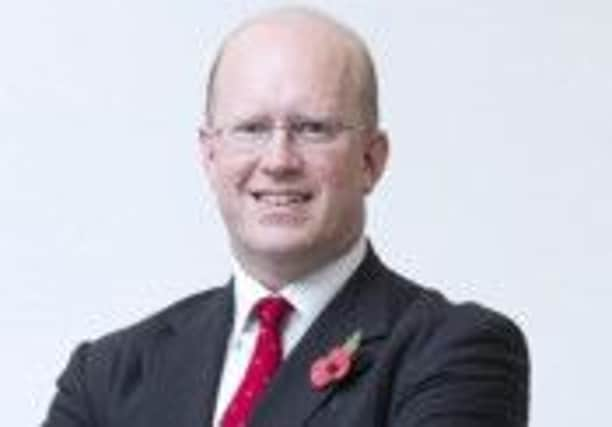Cost cuts help Direct Line drive profits higher


Despite facing a “highly-competitive” market for car and home insurance, the firm also said it was on track to meet its profitability target for the full year, following a marked improvement during the first half.
The UK’s largest car insurer, which was spun out from Royal Bank of Scotland last year, posted an operating profit of £286.6 million for the six months to 30 June, up from £224.2m a year earlier and ahead of City forecasts of £246m.
Advertisement
Hide AdAdvertisement
Hide AdGross written premiums dipped 4 per cent to £2 billion, reflecting competitive conditions in the UK insurance market, along with reforms aimed at eliminating different premiums for male and female drivers and referral fees for lawyers acting in personal injury claims.
Chief executive Paul Geddes said: “We believe the full effect of the reforms will take time to materialise and their ultimate impact is difficult to predict as it will depend on a change in the behaviour of claimants and lawyers.”
In June, Direct Line unveiled plans to axe about 2,000 jobs, on top of more than 1,200 cuts it announced last year, as it seeks to cut £130m from its cost base.
The group – which owns the Churchill and Privilege brands, along with the Green Flag breakdown service – employs about 1,000 people in the Glasgow area, out of a UK workforce of more than 14,000. About 150 posts could be lost across the firm’s sites at Cadogan Street and in Rutherglen, South Lanarkshire.
Direct Line is targeting a combined operating ratio – a key measure of profitability for the insurance sector – of 98 per cent for 2013, which would be better than last year’s 99.2 per cent. A figure above 100 per cent shows more is being paid out in claims than received in premiums.
The underwriting profit measure improved to 94.6 per cent in the first half, from 101.1 per cent a year ago, reflecting a sharp drop in weather-related home insurance claims to about £40m, down from the £90m bill last year in the wake of floods and freezing conditions.
RBS was forced to offload Direct Line as part of the UK government bail-out it received in 2008. The lender still has retained a 48.5 per cent stake.
Shareholders will receive an interim dividend of 4.2p.